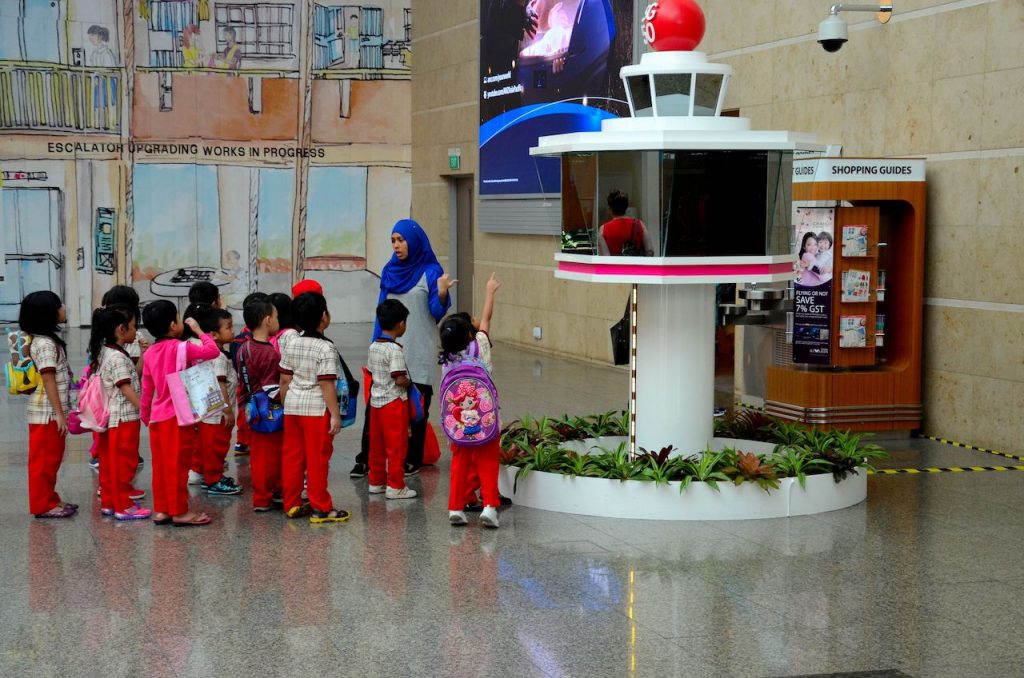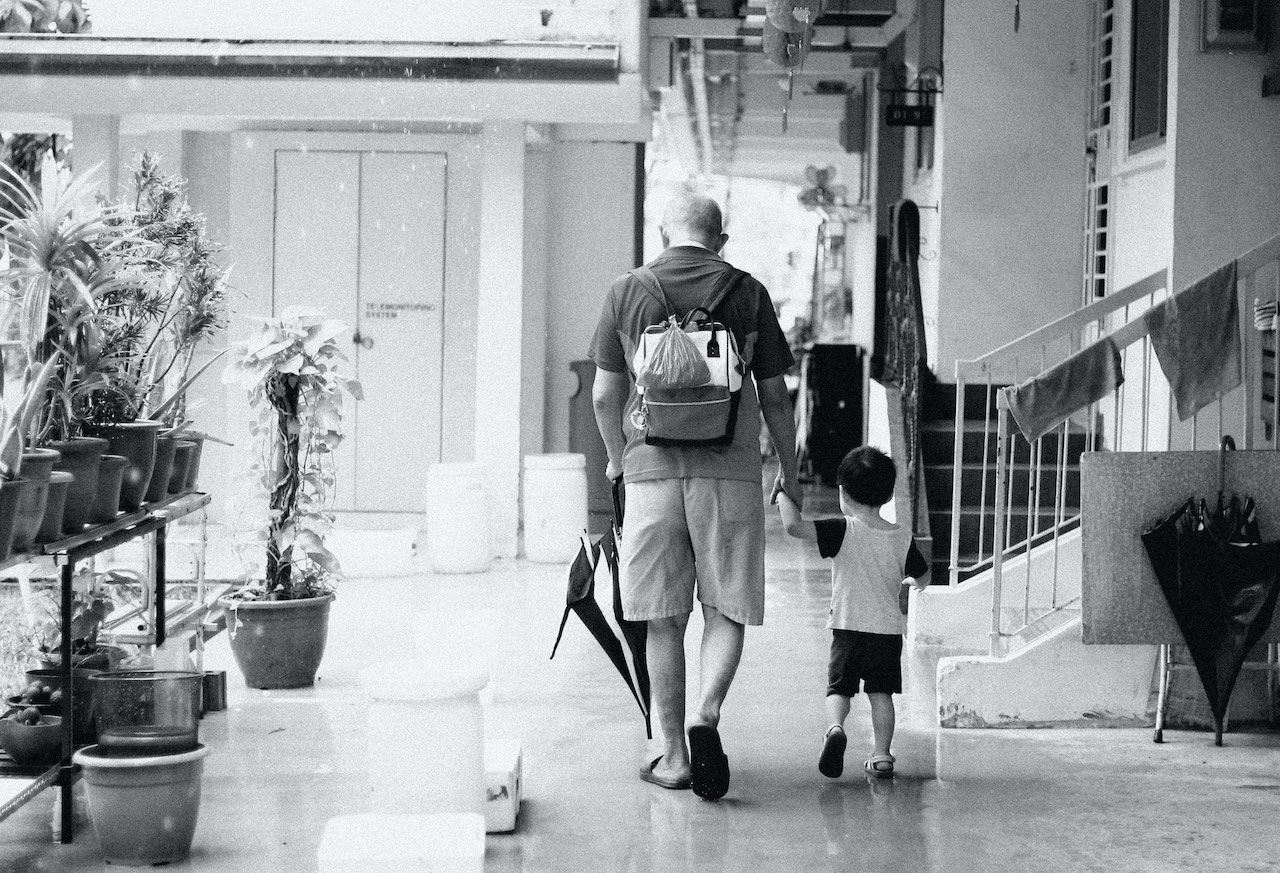2020 will go down as one of the most disruptive, destructive and creative years in recent memory. It was the year when an invisible virus brought to light the vulnerabilities and hidden strengths within various sectors of the economy, society and perhaps most importantly, ourselves. Our ability to learn, unlearn and relearn has never been more crucial.
For most people, it would have been difficult (or impossible) to imagine schools across the nation being closed and the general population just staying at home. Suddenly, the routine and structures were gone. For children, in all their innocence not fully grasping the severity of the situation, there was newfound freedom. For some, this illusion of freedom was quickly squashed by parents who could stay at home to impose their own structures within their households. For others, the freedom was real but there is a fine line between being liberated and being aimless. Children who were able to organise their own timetables and set clear goals for themselves would find the new arrangement liberating and perhaps even refreshing. However, the reality is that for many who have been so used to the structure guiding their learning, behaviour and movement throughout the day, they might have lost that ability to direct their own learning and manage themselves effectively.
30 years ago, there was no possibility of home-based learning as we know it today. Online learning was not widespread and not every household had a computer or online connection. One does wonder what the children back then would have done with all that time. The television and landlines would certainly have played an important role in keeping people updated on news and connected to each other.

However, by simply replacing one structure with another to create some semblance of normalcy, I wonder if there is a missed opportunity to take advantage of the disruption. Instead of constantly telling children what they should be doing and why they should be doing it, perhaps this is the opportunity to introduce them to the greatest teacher they will ever have: Themselves. When children doubt themselves and constantly rely on a direction provided by others, they cannot find their own way. In our zealous attempts to ensure that they are constantly occupied with our needs and wants, we relegate their needs and wants to the background.
How then do we nurture this great teacher within our young?
The first step is to give it space and the opportunity to grow. It is very tempting to constantly intervene every time they seem to fail or stagnate. Sometimes, the stress does not come from the fact that they are not growing but that other children and students are growing—much faster. Especially when we are feeling pressured by other matters like our own deadlines at work, we feel the need to ensure that the children can manage themselves. A wise teacher once shared with me that success can be a great motivator but failure is a much better teacher—if you are willing to learn from it.
Secondly, this great teacher within each child should also be able to manage and regulate the social-emotional well-being within. The trauma caused by Covid-19 is not only on the physical but the mental and emotional aspects. For young children who may not have the skills to manage these emotions, it can be particularly trying. I know of many educators here who made it a point to contact students in their classes to find out how they were coping. Some take it a step further and help them to recognise their feelings and seek help when necessary.

Finally, any goal that is truly worth pursuing has to include the well-being of others. There are many groups of frontline workers who deserve our utmost respect for keeping our nation’s core systems humming and providing essential services to society. Groups of workers that support the urgent and immediate needs of people who require healthcare, transport and daily necessities – at great personal risk. I know of many educators who help our children to empathise with them and truly be grateful for the efforts of each of them. In doing so, we would nurture a generation of compassionate and empathetic citizens.
2020 will be one of the most disruptive and destructive years for many in this lifetime. However, there remains much that we can make of it and perhaps for our young students and children, the opportunity to nurture the greatest teacher they will ever know.






